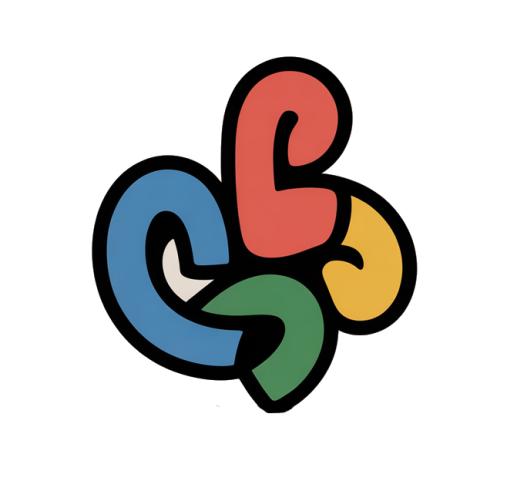For startups, mastering remote work methodologies can mean the difference between thriving and barely surviving. But remote work isn't just about Zoom calls and Slack channels. It's about building systems, habits, and culture that support collaboration, productivity, and well-being from anywhere in the world.
Here are key remote work methodologies that can help your startup build a high-performing distributed team:
1. Asynchronous Communication
In remote teams, people often work in different time zones. Asynchronous communication allows team members to contribute without needing to be online at the same time. This method:
Reduces the pressure to respond instantly
Encourages thoughtful, documented communication
Prevents burnout and fosters deep work
Tools to support async work: Loom (video messages), Notion (documentation), Trello (task boards), GitHub Issues (for developers)
2. Agile and Scrum for Distributed Teams
Agile is not just for in-house development. Adapted correctly, it works wonderfully for remote startups. Scrum sprints, daily standups, and retrospectives can all be done virtually.
Best practices:
Keep daily standups short (via chat or video)
Use digital boards (like Jira or ClickUp) for sprint planning
Encourage transparency and feedback
3. Remote OKRs (Objectives and Key Results)
OKRs give remote teams a north star. They help align individual efforts with company goals, especially when people are working independently.
Remote tip: Share OKRs company-wide in a central space (like Notion or Google Sheets). Review them regularly in all-hands meetings.
4. Documentation-First Culture
One of the biggest remote work pitfalls is the lack of information sharing. A documentation-first culture ensures everyone has access to what they need — even if they’re in a different time zone or just joined the team.
Start with:
A company wiki (Notion, Confluence)
Onboarding guides
Project documentation
Clear processes and SOPs
5. Results-Oriented Work Environment (ROWE)
Instead of tracking hours or presence, measure results. ROWE shifts the focus from when people work to what they achieve.
Why it works:
Encourages ownership and autonomy
Builds trust within the team
Rewards outcomes, not busyness
6. Virtual Team Building and Culture Rituals
Remote work can feel isolating without intentional culture-building. Create rituals that foster connection, like:
Weekly virtual coffee chats
Remote-friendly team retreats (yes, they exist!)
Celebrating wins via Slack or email shoutouts
Conclusion
Remote work isn't just a shift in location — it's a shift in mindset. By embracing methodologies like async communication, Agile, OKRs, and documentation-first practices, startups can build remote teams that are not only productive, but also engaged and aligned. The future of work is flexible, and the most adaptive startups will lead the way.
















